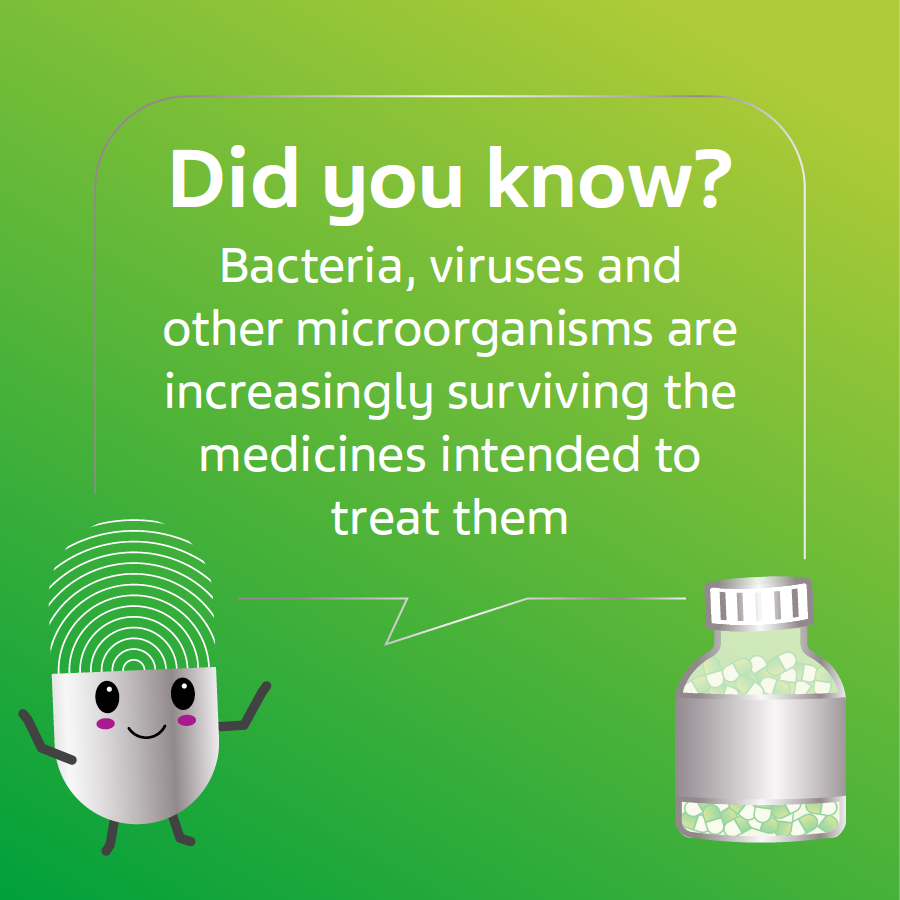Teva Takes on Antimicrobial Resistance (AMR): What You Need to Know

Antimicrobial resistance (AMR) happens when bacteria no longer respond to antibiotics, making infections harder to treat and increasing the risk and spread of disease. AMR is an urgent health challenge—leading to more than 1.27M deaths globally each year. And its toll is only expected to grow; by 2050, it is estimated there will be 10M deaths from AMR each year.
Production
Last year, we took bold steps to ensure our sites were addressing antimicrobial resistance (AMR) throughout the entire manufacturing process. We were one of six companies to participate in an AMR Industry Alliance (AMRIA) certification pilot at our Germany manufacturing site. The pilot program supports appropriate control of antimicrobial manufacturing waste. We also were one of the first two pharmaceutical companies to receive the British Standards Institution (BSI) Manufacturing Certificate—meeting international standards that ensure antibiotics are made responsibly.
Protection
Exposure to antibiotics or antifungals through the environment, including water and soil, increases the risk of AMR. We have strict protocols across all our sites to prevent pharmaceutical pollution, keeping active pharmaceutical ingredients out of our wastewater.
Education
Once medicines leave our sites, we work hard to make sure healthcare providers and patients use antibiotics correctly. We recently piloted a new program in Germany to share AMR prevention tips with those picking up antibiotics from a pharmacy or clinic. Digital messages help patients learn how to prevent AMR—already reaching over 11,000 pharmacies, 50,000 healthcare professionals and 200,000 patients—and prompt important, educational conversations between providers and patients.
Collaboration
We serve on the board of the AMRIA, which convenes more than 100 healthcare companies and associations. We also contribute to the AMR Action Fund, the world’s largest public-private partnership investing in new antimicrobial initiatives.

